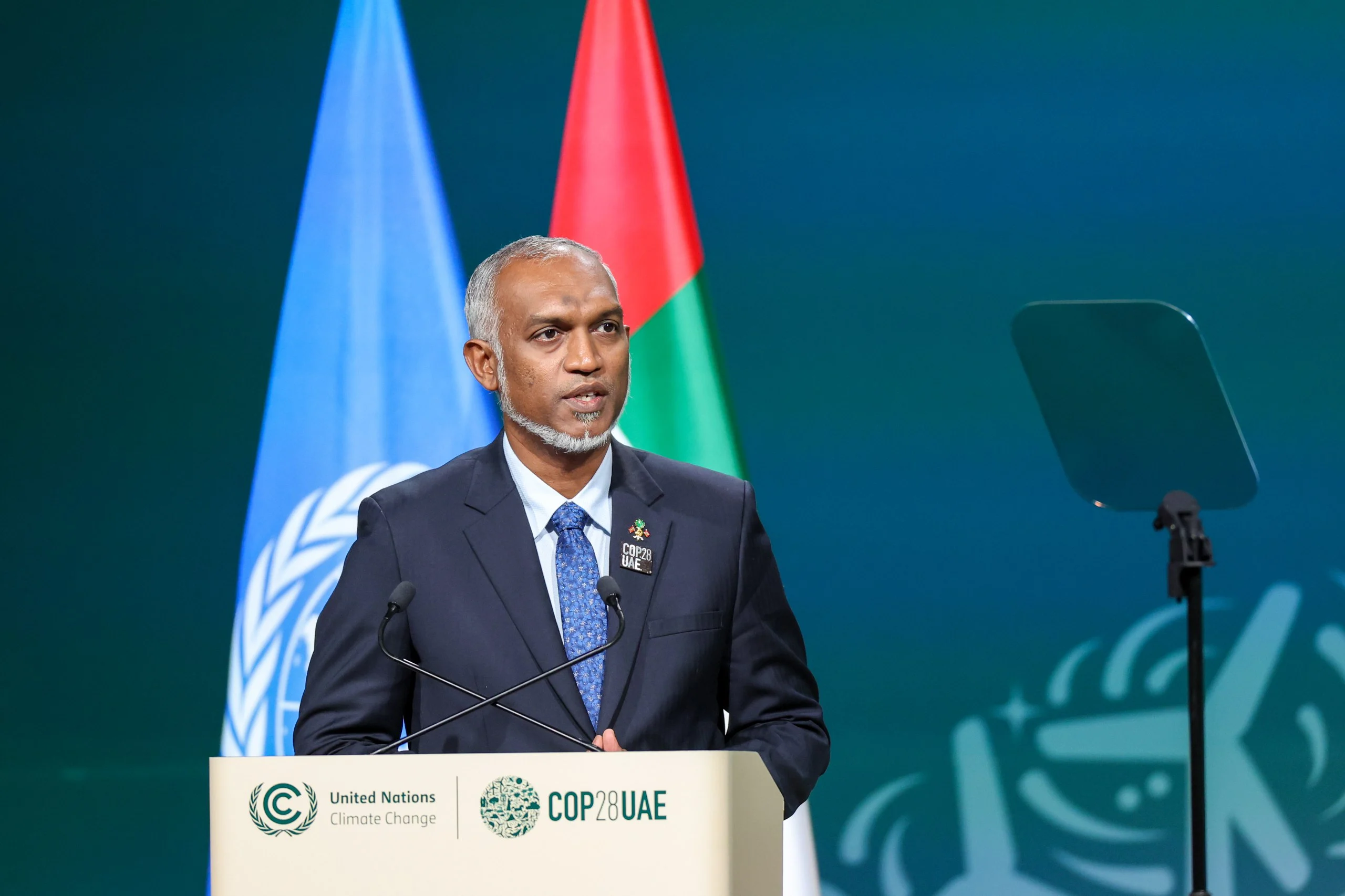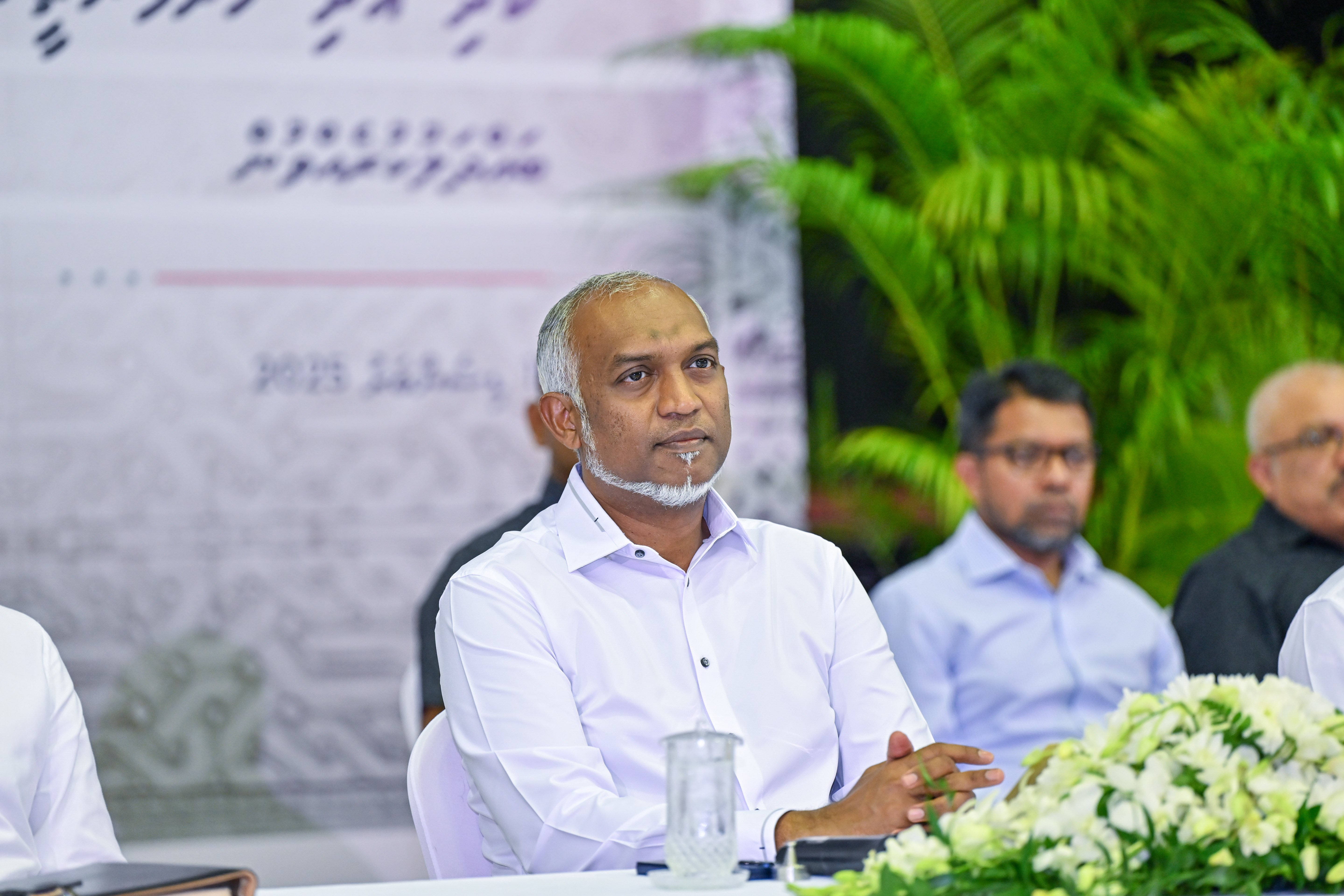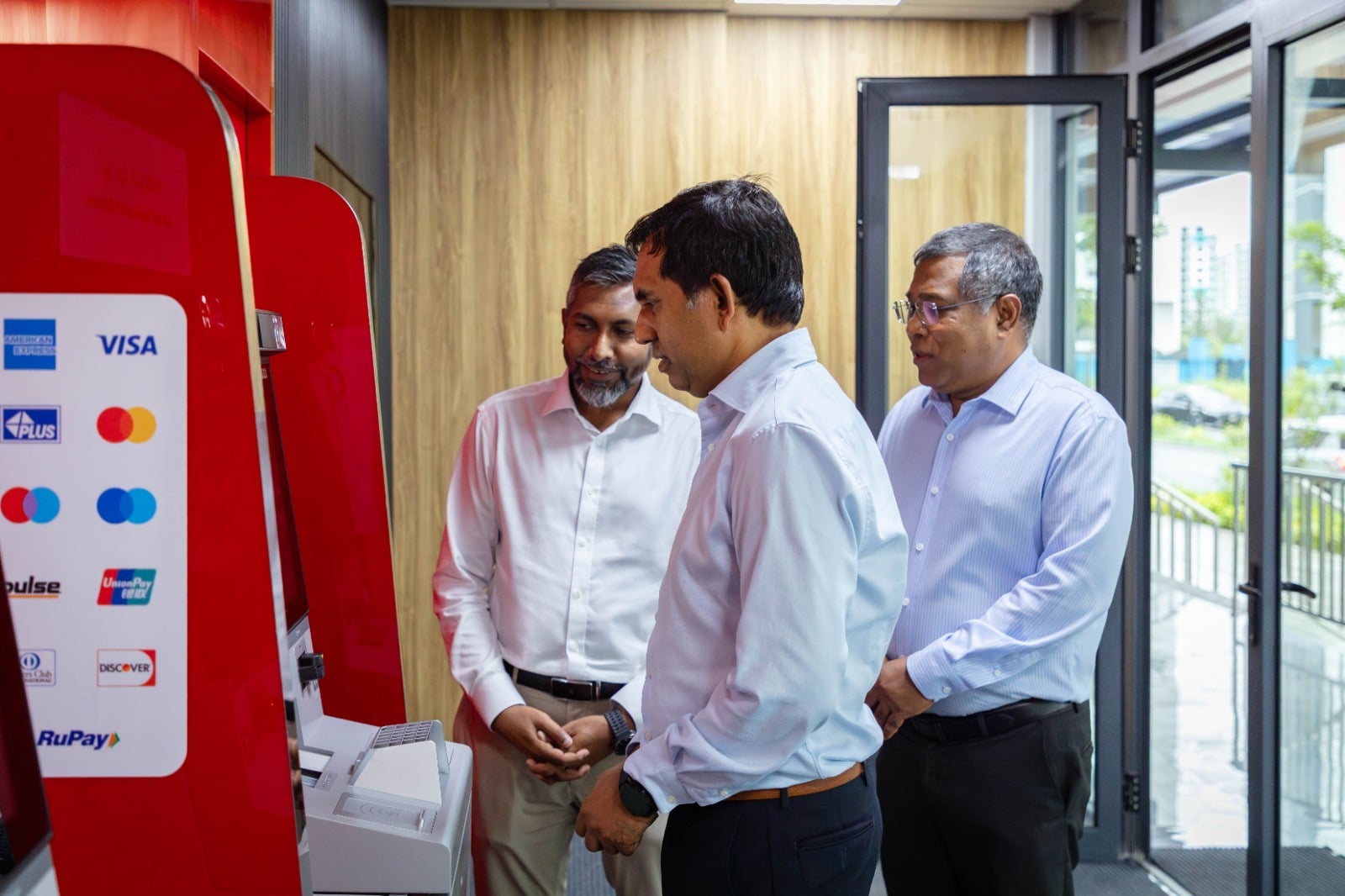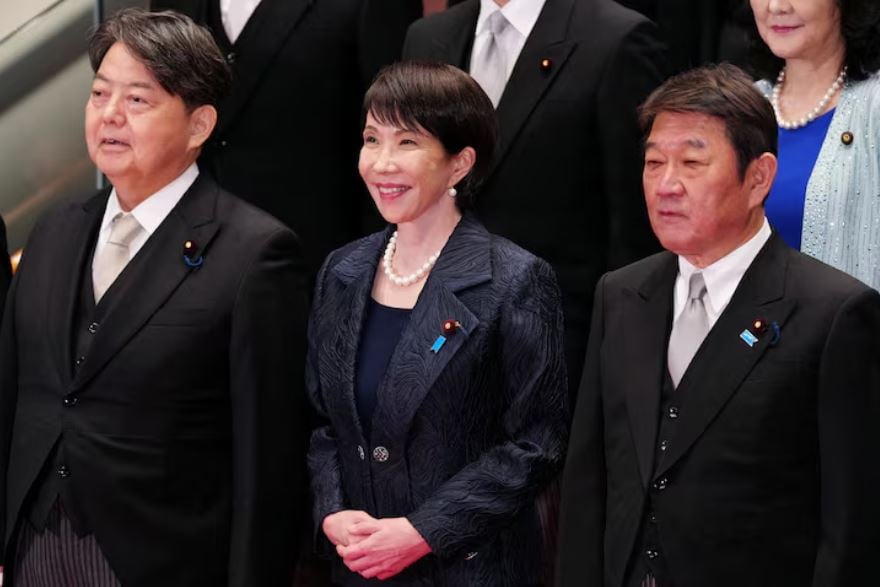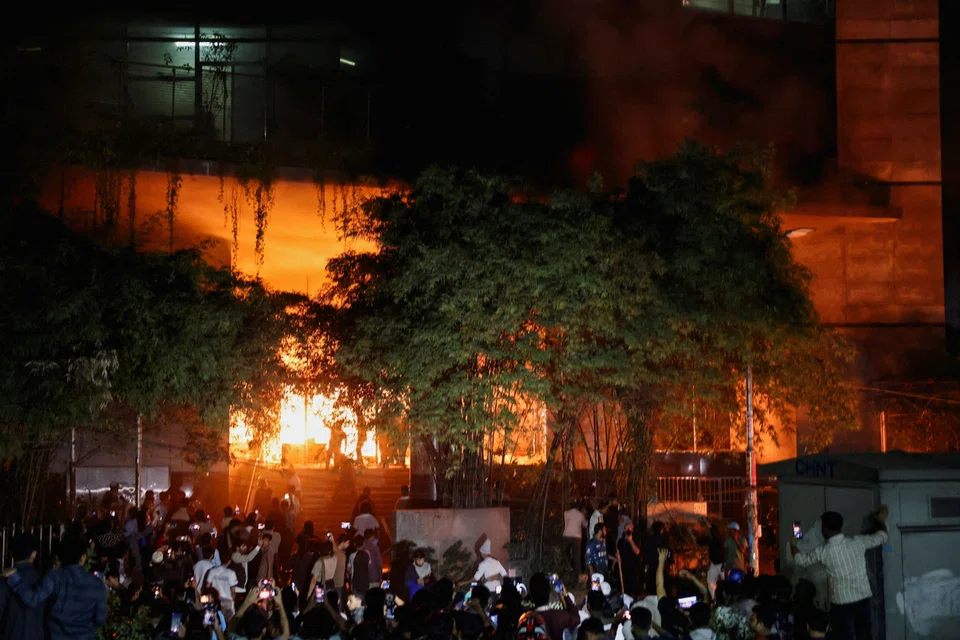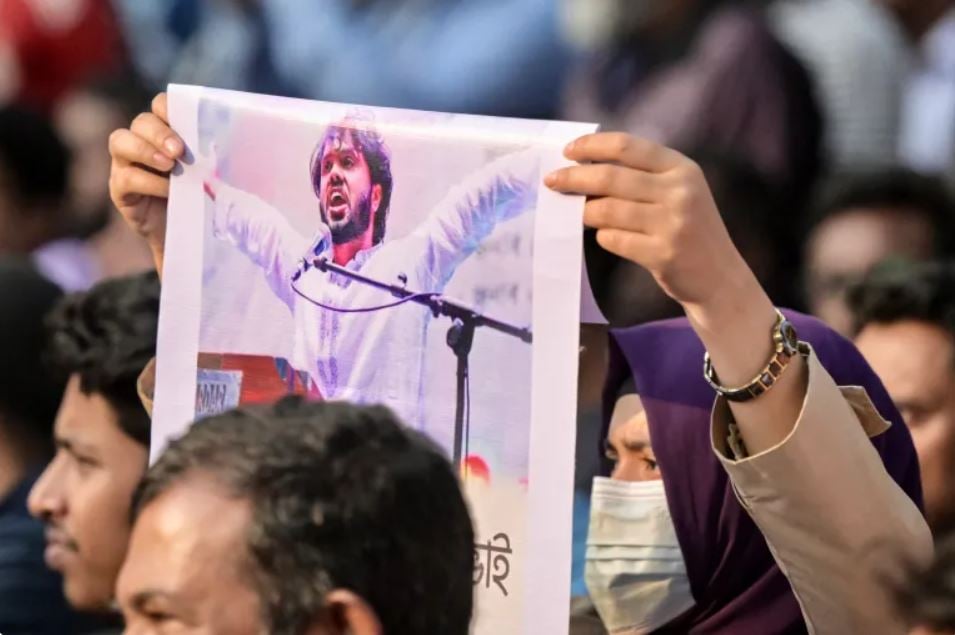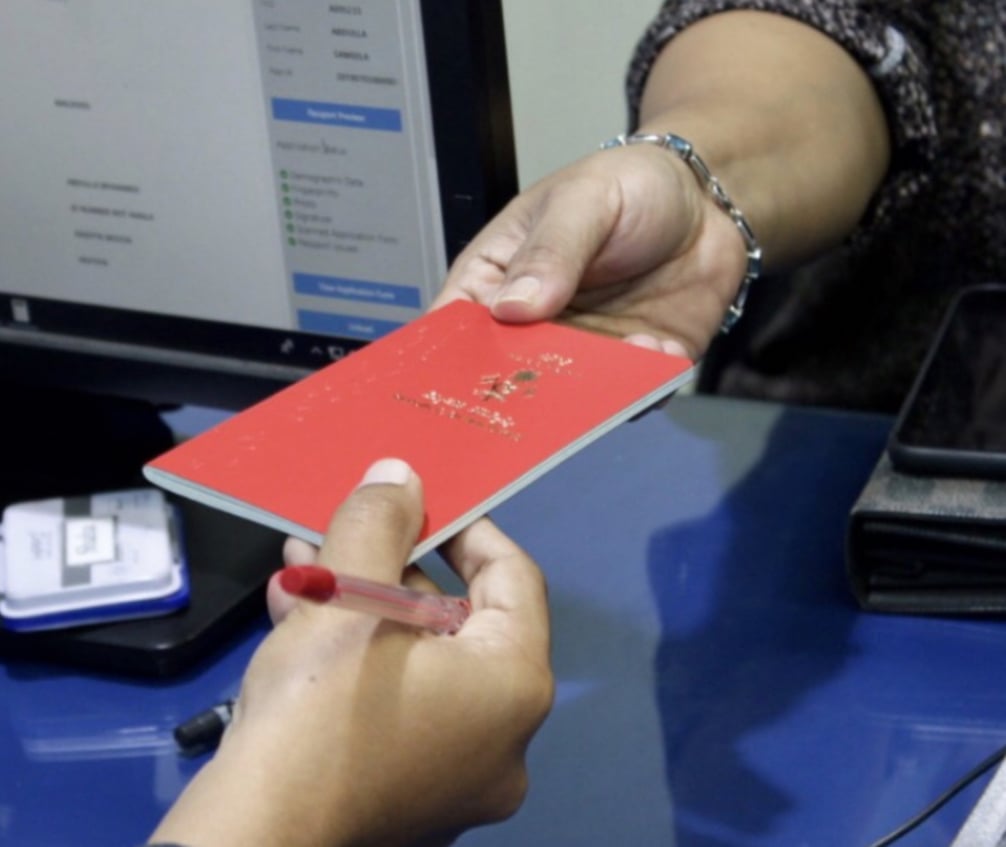In a powerful opinion piece published in The Guardian, President Dr. Mohamed Muizzu of the Maldives has called on the international community to address the urgent climate financing needs of Small Island Developing States (SIDS). Highlighting the existential threat posed by climate change, particularly sea level rise, President Muizzu emphasized that the Maldives has been grappling with these challenges for decades.
The Maldives, standing just one meter above sea level, brought the issue of climate vulnerability to the global stage as early as 1989. Since then, the nation has undertaken significant climate resilience and adaptation measures. However, President Muizzu expressed disappointment that global funding mechanisms have not adequately addressed the unique challenges faced by SIDS.
"Small Island Developing States like the Maldives have been bearing the brunt of global warming with minimal support," Muizzu stated. Despite contributing just 0.003% of global emissions, the Maldives is among the first to endure the severe consequences of the climate crisis. Muizzu criticized the outdated global financial architecture that relies on metrics like gross national income (GNI) and gross domestic product (GDP), which misrepresent the economic realities of SIDS and bar them from critical funding opportunities.
President Muizzu highlighted the Maldives’ innovative climate adaptation projects, such as Hulhumalé, a reclaimed island raised two meters above sea level with climate resilience features, and Ras Malé, an upcoming eco-city. These projects, however, often struggle to secure climate financing due to being classified as infrastructure work by climate financiers and multilateral banks.
The Maldives relies heavily on external financing to prepare for and recover from the climate crisis caused by global overconsumption. With adequate funding, the nation could advance critical climate initiatives, such as connecting and raising islands through bridges or causeways and expanding urbanization to enhance access to essential services. Investments in renewable energy sources like solar are also crucial for the Maldives’ energy transition.
At the upcoming fourth International Conference on SIDS, President Muizzu will advocate for the global adoption of a multidimensional vulnerability index (MVI). This new measure aims to reflect the inherent vulnerabilities of SIDS, considering factors beyond economic output and acknowledging structural vulnerabilities. Muizzu believes that adopting the MVI could spark sustainable development across small islands and urge multilateral institutions and governments to embrace this challenge.
President Muizzu’s call to action underscores the urgency of reforming climate financing to support true resilience for SIDS, highlighting that while these nations contribute little to global emissions, they bear disproportionate impacts. His plea is for equity and justice in addressing a crisis that SIDS did little to create.
The Maldives, standing just one meter above sea level, brought the issue of climate vulnerability to the global stage as early as 1989. Since then, the nation has undertaken significant climate resilience and adaptation measures. However, President Muizzu expressed disappointment that global funding mechanisms have not adequately addressed the unique challenges faced by SIDS.
"Small Island Developing States like the Maldives have been bearing the brunt of global warming with minimal support," Muizzu stated. Despite contributing just 0.003% of global emissions, the Maldives is among the first to endure the severe consequences of the climate crisis. Muizzu criticized the outdated global financial architecture that relies on metrics like gross national income (GNI) and gross domestic product (GDP), which misrepresent the economic realities of SIDS and bar them from critical funding opportunities.
President Muizzu highlighted the Maldives’ innovative climate adaptation projects, such as Hulhumalé, a reclaimed island raised two meters above sea level with climate resilience features, and Ras Malé, an upcoming eco-city. These projects, however, often struggle to secure climate financing due to being classified as infrastructure work by climate financiers and multilateral banks.
The Maldives relies heavily on external financing to prepare for and recover from the climate crisis caused by global overconsumption. With adequate funding, the nation could advance critical climate initiatives, such as connecting and raising islands through bridges or causeways and expanding urbanization to enhance access to essential services. Investments in renewable energy sources like solar are also crucial for the Maldives’ energy transition.
At the upcoming fourth International Conference on SIDS, President Muizzu will advocate for the global adoption of a multidimensional vulnerability index (MVI). This new measure aims to reflect the inherent vulnerabilities of SIDS, considering factors beyond economic output and acknowledging structural vulnerabilities. Muizzu believes that adopting the MVI could spark sustainable development across small islands and urge multilateral institutions and governments to embrace this challenge.
President Muizzu’s call to action underscores the urgency of reforming climate financing to support true resilience for SIDS, highlighting that while these nations contribute little to global emissions, they bear disproportionate impacts. His plea is for equity and justice in addressing a crisis that SIDS did little to create.





